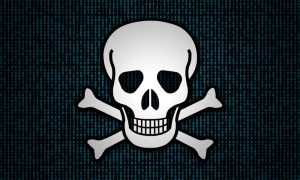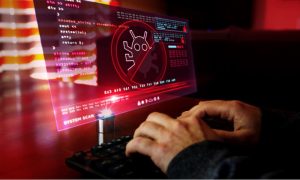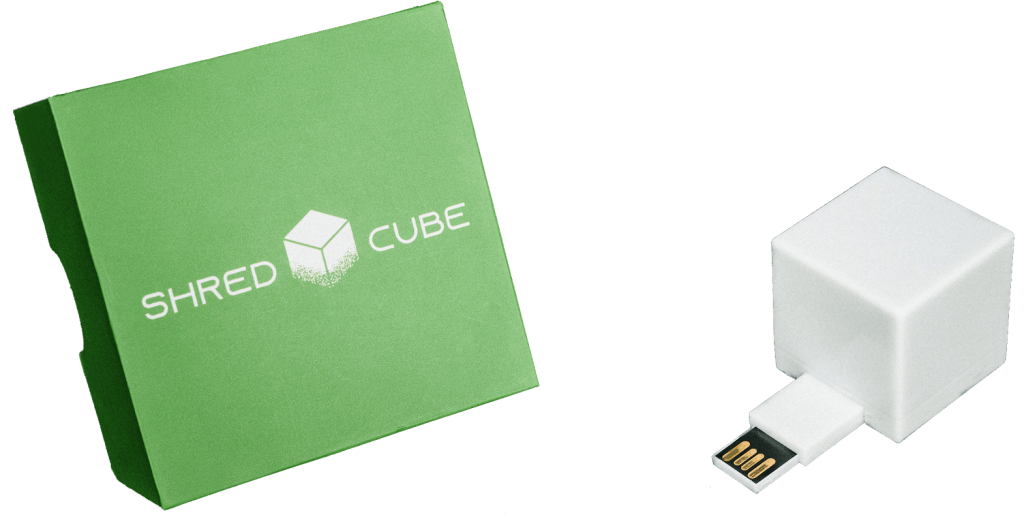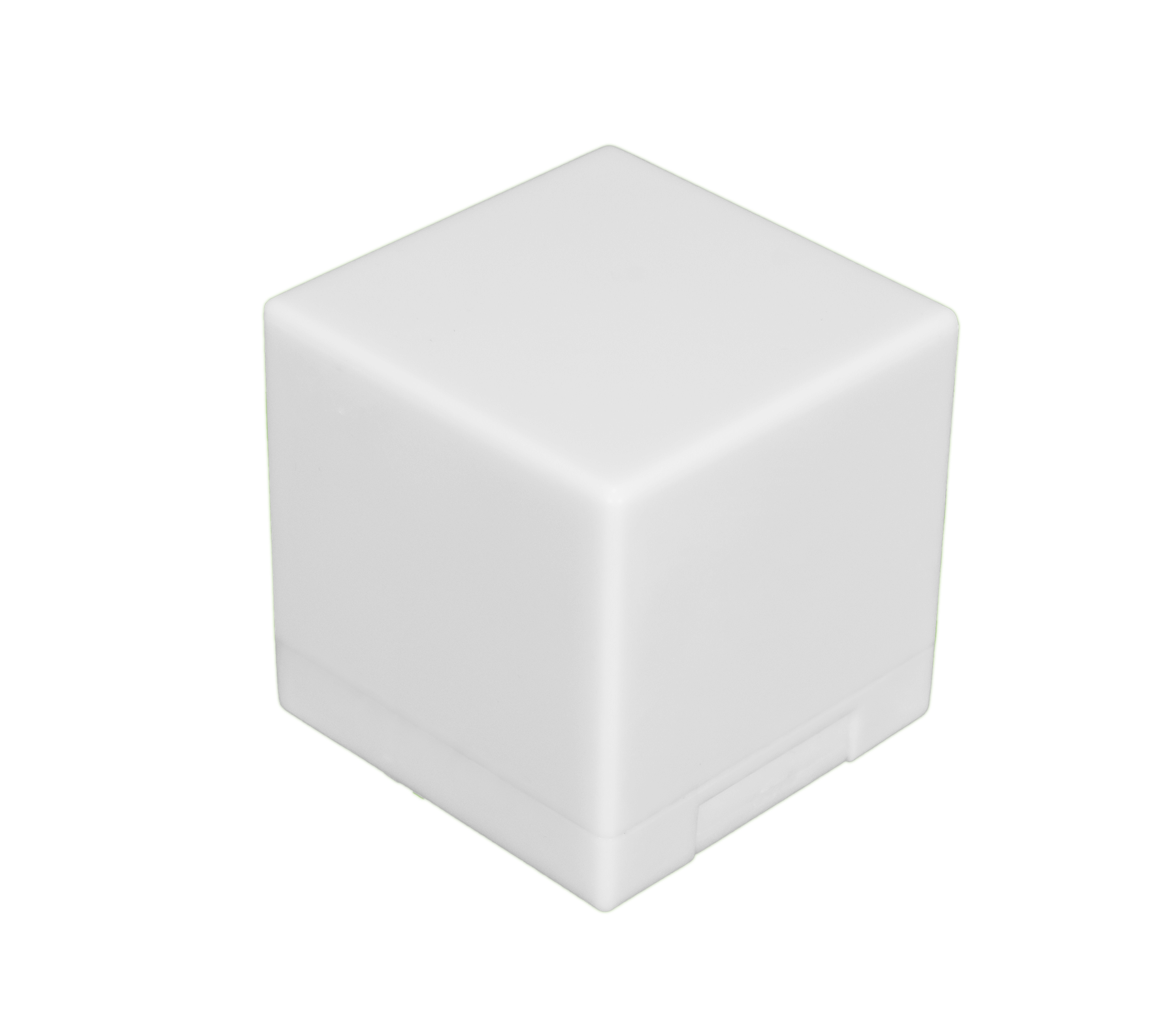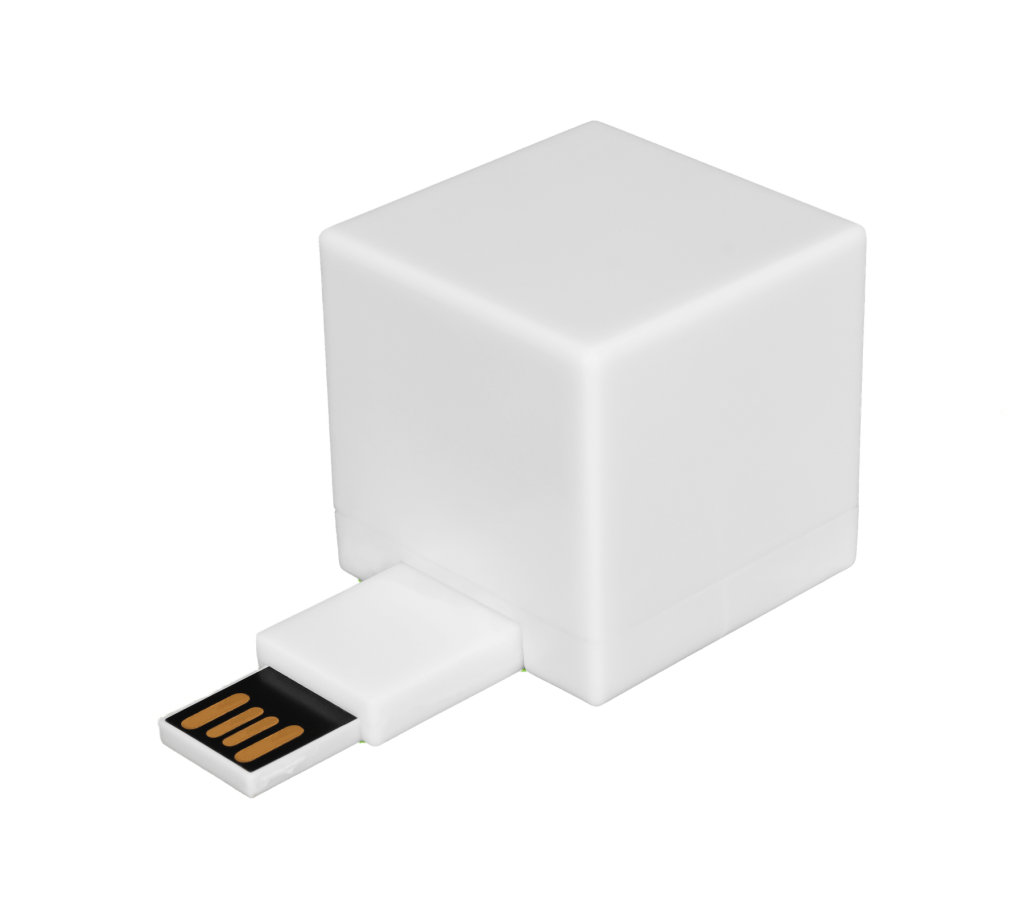We all want to make sure we have the most up-to-date electronics as technology evolves, but what do you do with obsolete machines? For many of us, our old devices hang around our house and get hidden away or periodically moved until we figure out what to do with them.
It is so easy to wind up with a stash of outdated computers and electronics that just take up space in storage because we can’t figure out where they should go. This guide is here to help! We’ve rounded up seven ideas for what to do with your old computers, plus how to make sure you have properly removed old files to keep your information secure.
What to do with Old Computers?
It’s safe to say we are all guilty of letting old computers hang around after they’re no longer in use. For many, it is simply a matter of not knowing what to do with them. Here are some ideas:
1. Recycle old devices
An easy way to get an old computer out of your house is to recycle it. There are lots of ways to recycle old computers, but one of the easiest is to take it to a local retailer. Many, like Best Buy, offer recycling programs for electronics. This is great for computers that are too out-of-date to be sold, and ensures the raw materials used to make them can be recovered and used again.
2. Donate devices to those in need
Another great option for disposing of old computers is to donate them. Computers that are fewer than five years old typically still have life left in them, and can be a huge benefit to children’s homes, women’s shelters, or other non-profits that may not have a lot of resources to devote to technology. Your old device just might help someone in need achieve their dreams of employment or education!
3. Sell old devices for extra money
There are a lot of ways to go about selling your old computer, including posting listings on online marketplaces like Craigslist, Facebook Marketplace, and eBay. One major benefit of selling is that money from the sale can help offset the cost of buying a new computer if you are in the market. Be sure to erase all personal data before selling, though. Making sure your computer is clean — externally as well as internally — and taking well-lit photos for your listing can help make sure you sell your computer for a reasonable price, too.
4. Set up a home network
Many people might not think of this one, but you always have the option to set up a home network. This allows users on said network to share files, printers, broadband internet access, and more, and there are a few different types you can create for your home:
- Peer-to-peer network to share files and play network games
- Network with file-sharing between more than two computers connected to the network
- Network with internet modem sharing, which computers in one house the capability of sharing the same modem connection
- Network with broadband internet sharing, which is similar to a network with internet modem sharing in that it allows all the computers in one house to share the same broadband internet connection
5. Learn an alternate operating system
For those who may be interested in learning about and/or working with alternative operating systems such as Linux, an old device can offer an opportunity to do just that. All you have to do is follow a few simple steps to run your old computer on an alternative system. This includes:
- Checking the system requirements. Start by checking those for the operating system you want to run and make sure the PC you have is compatible.
- Deciding whether to purchase or download depending on the operating system you want to use. Decide which option is best for you, then obtain your software.
- Back up data before installing new software to ensure you don’t lose important items.
- Install your new operating system by following the instructions for the software you have chosen.

6. Gift to kids or relatives
Many parents may not feel comfortable buying brand-new computers for their children. An old device gives kids their own computers for schoolwork, provided they have no hardware issues.
7. Create network-attached storage
Setting up network-attached storage (NAS) turns your old computer into storage for backups, music, photo, and video files. We could all use more storage! To set up a NAS, you will need:
- NAS enclosure (an old computer casing is an easy way to go)
- Motherboard
- CPU
- RAM
- Hard disk drives
- Power supply and SATA cables
- Operating system (there are several softwares that can be used, many of them free)
Using your old computer means you should already have most of the components you’ll need to set up a NAS, and choosing free software means you can do so at no cost!
Preparing an Old Computer for a New Purpose
There are several ways to reuse or get rid of an old computer. Whichever you choose, it’s important to make sure that you are doing so safely. Here are a few things to do before your computer goes on to its new life:
- Back up important files
Any important documents such as work documents, tax documents, photos, and videos should be backed up to a cloud service or external hard drive. - Wipe your hard drive
Delete everything you don’t need to make space for the new use or new owner. - Permanently delete your files
Even if files have been deleted, criminals can still use a recovery program to restore and access sensitive documents. Be sure to permanently remove all documents and files from your computer before selling, donating, or disposing of it.
Deleting files from your computer or hard drive does not mean they have disappeared forever. If you plan to part with the device, it’s crucial to ensure all your personal and business documents are permanently deleted. Using a digital file shredder ensures files containing Social Security numbers, addresses, photos, or employment and tax data — among other important information — are destroyed so they cannot be recovered, thus keeping your data safe. Old computers hanging around your house that haven’t been wiped clean means you have personal data hanging around, too. When you are ready to get rid of that old computer and get a new one, it’s a good idea to make sure your information is secure. Contact Shred Cube today to have all of your digital file shredding questions answered and learn more about how permanent digital file shredding can help you keep your information safe.



